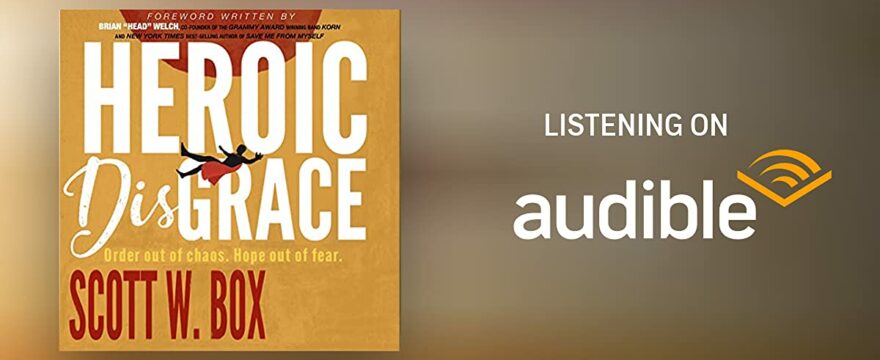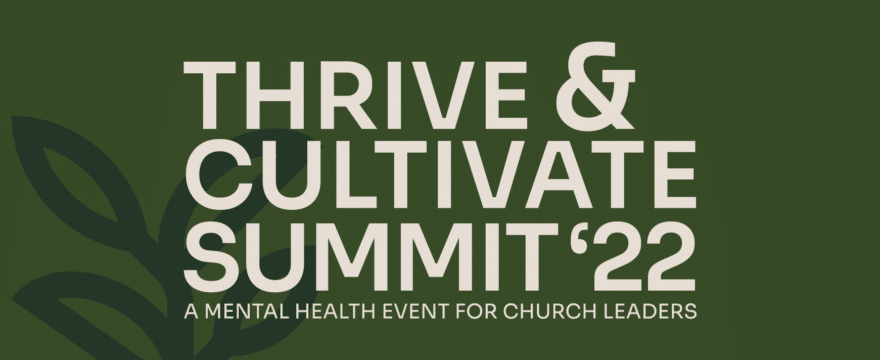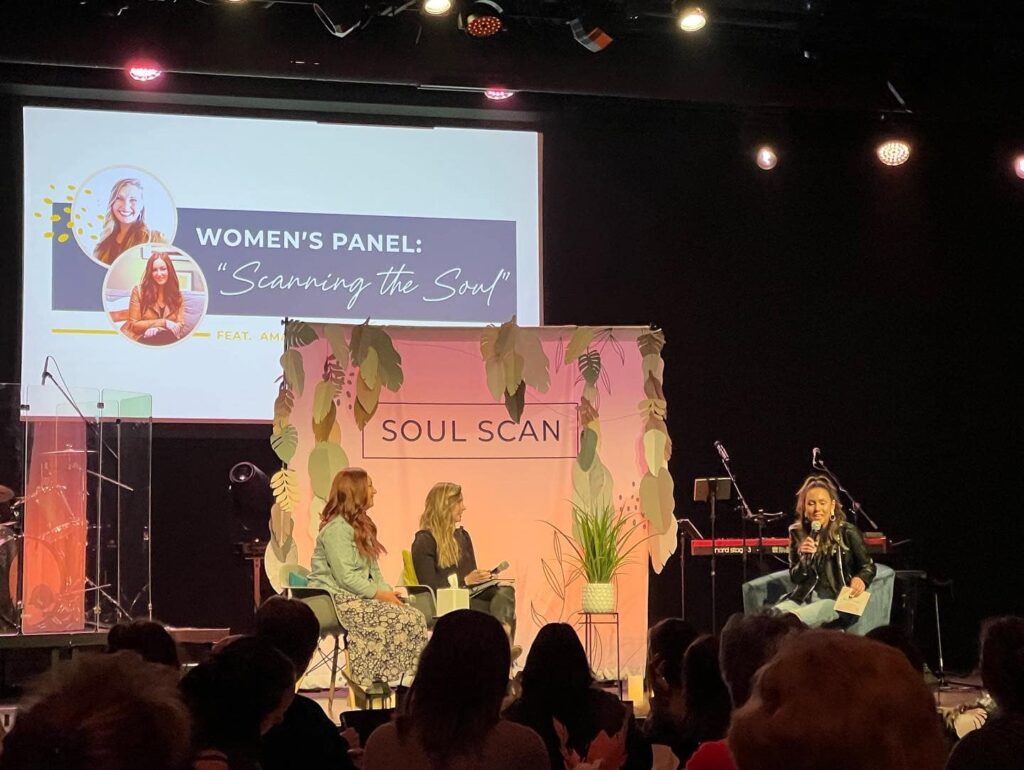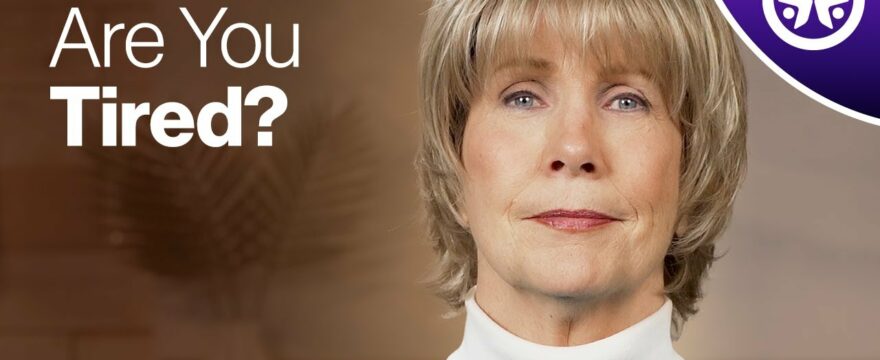Nine years ago, I was in my last two semesters of my Masters degree at Denver Seminary that would lead to my Masters in Clinical Mental Health and propel me into counseling services. In that time, I took a required class that was not a part of the CACREP Accreditation for my degree to be used by licensure boards in the United States, but a requirement of the seminary to further explore my Christian faith within my profession. In that time, we looked at how Christian beliefs and doctrine work alongside and possibly in opposition with longstanding secular counseling ethics and laws, how Christianity can be used in the counseling session, and which counseling modalities work within our faith.
One conversation that directly impacted me is a conversation of how we see faith and psychology interacting with each other. You’d think it is a simple answer until you start to flesh out the differences. I will say that I have researched where this conversation came from, so far as to grab the old PowerPoint, look on several Christian counseling research journals, and even contacted the professor directly. There is no published conversation about this outside of what was discussed in class, though it is modified from a presentation by Larry Crabb, a forerunner in Christians integrating faith into counseling.
Here is a quick graph of the six types of interactions faith and counseling can have and a discussion of the implications of each. (Note that depending on where you lay with your own interpretation, it can impact the treatment of the client, the techniques that you do or how you do them, if you end up using counseling in your practice, or even if you should be practicing as a clinical or Biblical counselor. I will also note that the within the last four options, none of them would be deemed as wrong but a preference, though some would argue within their Christian doctrines it does not fit well.)
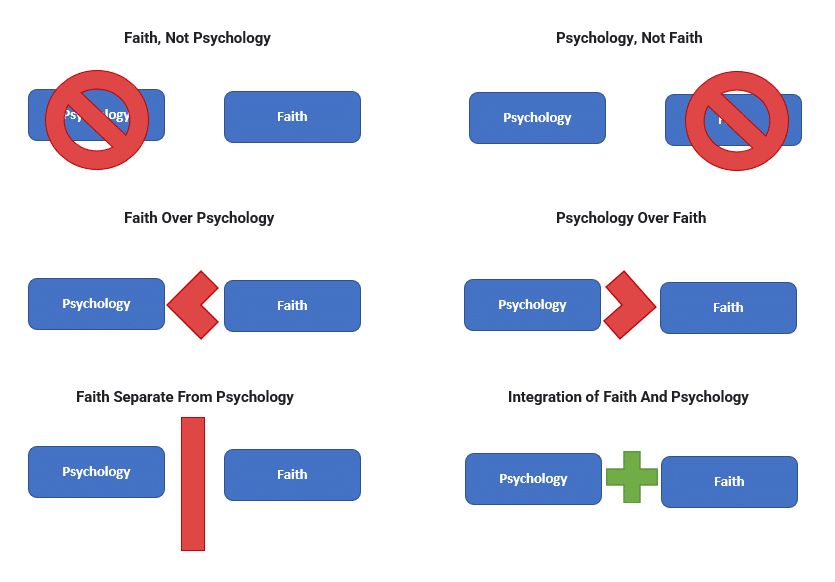
Faith, Not Psychology
The idea that faith should only be considered when talking about a person’s struggles goes towards a long-established belief within the Church that mental illness is actually sin. In this understanding of faith and psychology, clinical counseling has no place, instead it should only be the Bible that we use. If you are someone that holds to this, you need to consider not doing any clinical counseling as you will not be within good standing of a licensure board’s ethics. I would go so far as to say that Biblical counseling is not an option as this profession is still informed by psychology. Instead, you may find yourself as a pastor within a strongly conservative or fundamentalist church.
Psychology, Not Faith
This was the belief of many mental health professionals for the last century, that you cannot bring any faith into the counseling room because it does not have any clinical significance. In the last two decades, a stronger emphasis on culture and spirituality within counseling ethics and higher education would say this is also inappropriate and you be doing more harm than good for a client as we know that any spirituality has significant clinical improvements for clients and this would not be a viable option in the mental health field.
Faith Over Psychology
Within this ideal, both faith and psychology have their place in a counseling appointment, but you are going to favor faith. This gets commonly associated with Biblical or pastoral counseling where you meet the spiritual needs of an individual, understanding that a person may be struggling with a diagnoseable mental illness disorder such as depression, anxiety, trauma, eating disorder, or substance use disorder. Coping skills taught may include prayer, Bible reading, fasting, discipleship, and service with the hope of reducing mental illness symptoms. There is no resistance to psychiatric medication, psychiatric hospitalization, or talking about thoughts and emotions. These sessions are not billed to insurance as they are not recognized as evidence based practices.
Psychology Over Faith
Within this ideal, both faith and psychology have their place in a counseling appointment, but you are going to favor psychology. Here we find counselors many times not wanting to explicitly state they are Christian, wanting to be able to serve everyone. This is an individual that may not bring up faith unless the client identifies it as important or bringing it up first. You will find yourself leaning more towards clinical skills such as mindfulness, thought records, relationship interactions, and breathing exercises. You encourage clients to go to church, but leave the activities solely to outside church activities or ministries. The risk is that you may find a divorce from clinical skills and faith.
Faith Separate From Psychology
This may feel similar to the first two ideas of faith, not psychology or psychology, not faith, but it isn’t. Instead, it looks at having an understanding that you can have faith within your counseling practice, but you should not use it directly in session. When you practice counseling techniques such as Cognitive Behavioral Therapy or Family Systems, this idea would say that Christianity was never in mind with the authors of the treatment modalities and you should only ever discuss faith when a client brings it up or practice faith practices such as praying over the counseling session before or after the client comes in. It is not saying that one is better than the other or that one needs to be excluded, but just as oil and water don’t mix, neither should faith and psychology. Yet, as Christians, this goes against compartmentalizing our faith, so there can be a tension of wanting to not break ethics of counseling and not wanting to “dilute” ones faith.
Integration of Faith and Psychology
In my mind, this is the choice that is what I seek to be, yet I would also say it is the hardest to accomplish. Our Christian faith says we should be Jesus to all people and shine our light at all times, especially to those who are hurting. But that does not mean we have to proselytize at all times. Further, we know that spirituality is effective for clients when they seek it, so we need to be open to talking about it in counseling and not avoiding it.
That being said, it is hard to truly stay integrated when you may find yourself leaning out of the integration towards psychology over faith or faith over psychology. At times, it is a proactive balance on a tightrope between these two ideologies. Further, you have to make sure to understand the ethical implications of faith with proper boundaries in the counseling session or you may find yourself being filed grievances’ against you and standing in front of a state licensure board due to malpractice.
This is an initial conversation and I would love to hear your struggles with these types, where you find yourself in one of these six types, and what questions you have. Leave your comments below and lets start a dialogue.


